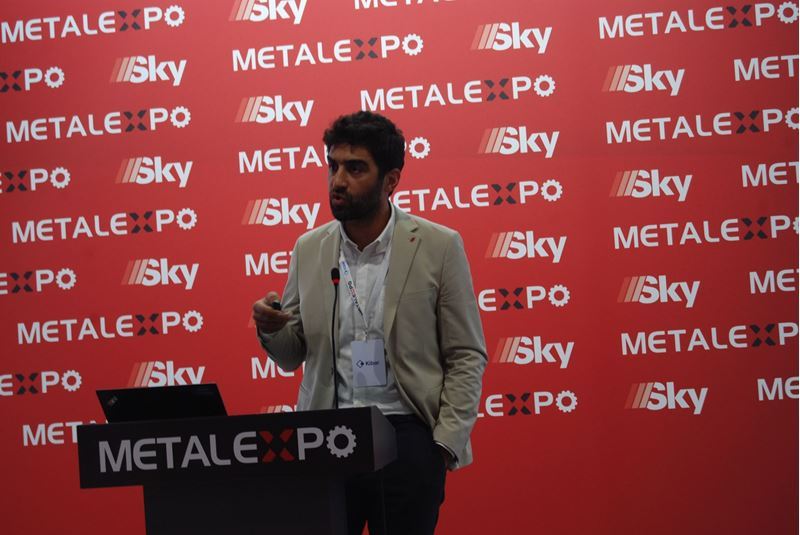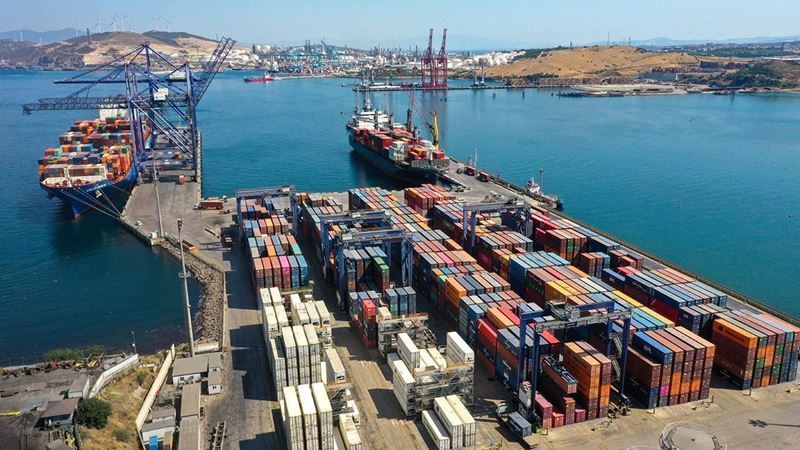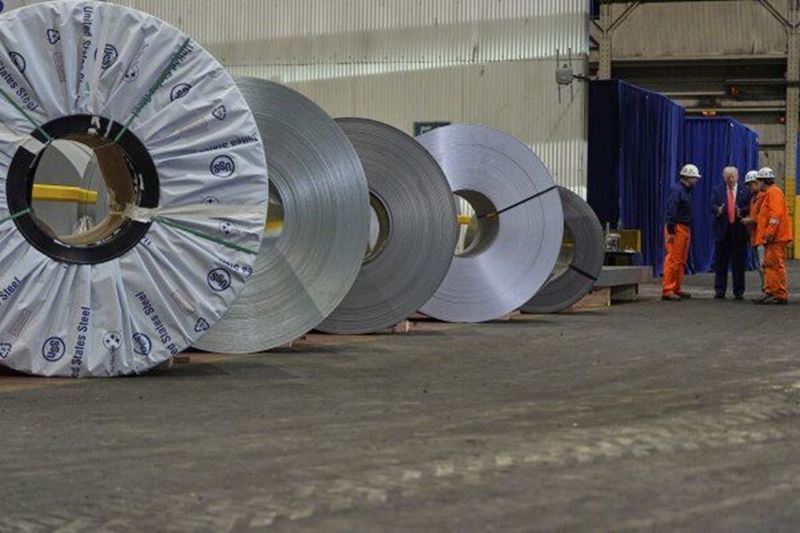Baş stated that, within the scope of the project, work was carried out in four phases to support the sector's decarbonization efforts, adding: “Through the project conducted from 2022 to 2025, we obtained analytical data and assessments across the steel sector’s production, supply, and consumption chains.”
He explained that the project initially focused on liquid steel producers, while also covering, on a broader scale, mining activities, raw material suppliers, rolling mills, finished product manufacturers, and steel-consuming industries. Baş noted, “The interviews and workshops we conducted throughout the project clearly highlighted the sector’s needs and transformation opportunities.”
Baş said, emphasizing the high motivation of sector employees toward the decarbonization transition: “Employees embrace decarbonization not only as a mandatory compliance process but also as a means to optimize production processes, promote technological development, and reduce environmental impacts. This group plays a key role in the transformation process.”
Regarding the current state of the sector, Baş remarked: “National climate policy architecture and binding regulations are still lacking in Turkey. There is no integrated system for managing pollutant emissions from steel plants, and technological transformation is progressing slowly due to planning and infrastructure deficiencies. In addition, demand for low-carbon steel is not yet strong enough, scrap supply is dependent on imports, and indirect emissions from electricity generation are high.”
Sharing policy recommendations derived from the project, Baş stated: “A national restructuring and modernization plan for the sector should be prepared, a multi-stakeholder responsibility approach should be developed, a Decarbonization Platform should be established in the industry, and national criteria and a standardization system for low-carbon steel should be created. Furthermore, greenhouse gas reduction targets should be made mandatory for crude steel producers, and an emission information system accessible to the public should be established.”
Baş also emphasized that decarbonization contributes to the sector not only environmentally but also socially: “The transition to clean and low-carbon production systems can attract young and talented workforce to the sector and help break the ‘dirty industry’ perception. This transformation can truly succeed through employee ownership and engagement.”










Comments
No comment yet.